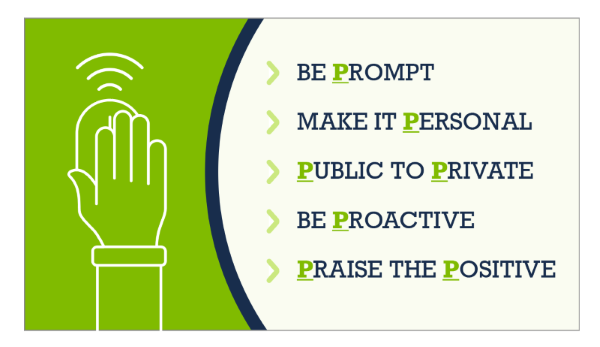
Blog Post: Handling Online Complaints
Whether we like it or not, social media is playing an increasing part in our everyday lives and it’s definitely here to stay. Given our increased familiarity with social media, it is perhaps unsurprising that clients are ever more ready to go online to post comments and complaints about the veterinary care their animals have received. So, it’s important that veterinary professionals remember that social media is a spectator sport. If you’re talking to one person, it’s always best to assume you’re talking to their whole community, as well as your own. Before leaping into action, read this blog for the VDS’s guidance on what to do - and what not to do. You might also want to refer to the RCVS Professional Code of Conduct. First, let’s first get clear on what not to do in the event of an online complaint about you or your practice. Remember, people commenting online might just be looking for a place to vent; who knows what’s happened in their day. When it comes to confidently handling complaints on social media and keeping client satisfaction high, our VDS Training team suggest the 5 P’s What not to do
Remember the 5 P’s

Make it your mission to respond to clients promptly, especially if they are upset or showing anger. The timely and courteous acknowledgement of a complaint and the very receipt of a response can often defuse the initial frustration and help resolve the situation. Think personal, genuine and relevant. Have you listened and acknowledged their problems? Use their name in your reply and make sure to sign off with your name or initials. This personalised response can help to defuse the situation and is a great way to show empathy, which as veterinary professionals, we have in bucketloads! Remember, social media is a spectator sport. Therefore, it is best to take the complaint from public to private. We recommend limiting any public response simply to thanking the poster for their comment and saying that you would welcome the chance to discuss their issues face-to-face, on the telephone or via email, but that you are not prepared to discuss the details of the case on this forum. Prepare a list of standard responses for certain complaints such as challenges around price, case continuity, waiting times, etc. We all know how busy it is in practice so having standard responses already written and signed off by management means that you can respond quickly and adapt the response to make it personal to each post. Importantly, it also means that you will maintain a standard tone and style of communication regardless of who is responding. It can pay to respond to your positive comments. It is hard not to take complaints personally so engaging with your fanbase about their positive comments can help counteract any negative posts and encourages these people to review your services and be your advocates. Again, you can have an array of responses ready to enable swift acknowledgement of praise. The hint is in the name – social media is supposed to be social! So, the more you can engage with your online communities, the better! This will give you the experience and practice to confidently handle complaints in a swift and meaningful way. So, with the 5 Ps at hand you cannot go too far wrong.Be Prompt
Make it Personal
Public to Private
Be Proactive
Praise the Positive
More Support from the VDS

